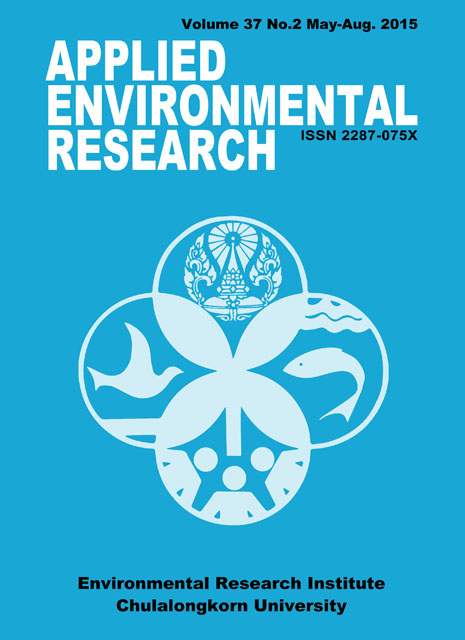An Institutional Analysis of Climate Finance in Thailand
Main Article Content
Abstract
While the institutional infrastructure to coordinate climate change policy in Thailand already exists, previous studies have identified an important gap in this infrastructure. An institutional arrangement/coordinating mechanism is needed to oversee coordination of resource allocation and utilization among government agencies in order to achieve the national goal of a low carbon and resilient society. This paper reviews current policies and institutions related to climate change and recommends a new Sub-committee on Climate Finance be established under the National Climate Change Committee (NCCC). Alternatively, the existing sub-committee could be renamed as a Sub-committee on Climate Finance and Planning. Having a specific coordinating mechanism on climate finance would facilitate the government’s oversight of allocation of financial resources, tracking and monitoring of resource use, and also serve as a check point for resource allocation to prevent redundancy in terms of activities and allocated climate change funds. This institutional proposal may also be relevant and applicable to other developing countries facing similar challenges.
Article Details

This work is licensed under a Creative Commons Attribution-NonCommercial 4.0 International License.
Published articles are under the copyright of the Applied Environmental Research effective when the article is accepted for publication thus granting Applied Environmental Research all rights for the work so that both parties may be protected from the consequences of unauthorized use. Partially or totally publication of an article elsewhere is possible only after the consent from the editors.

